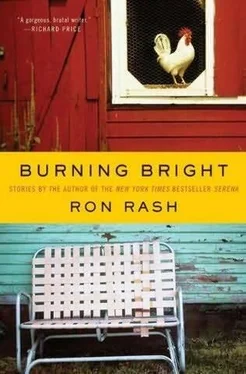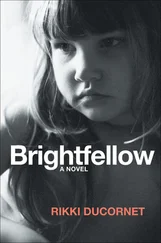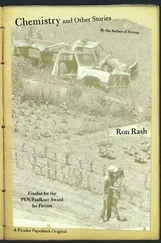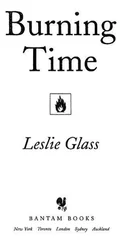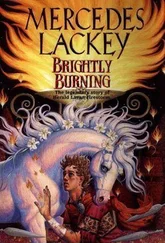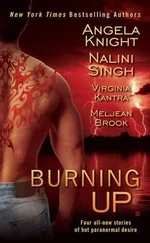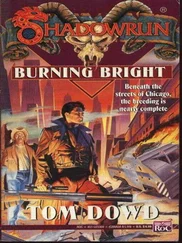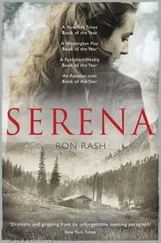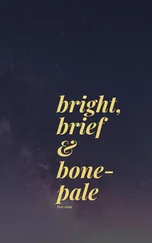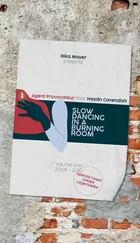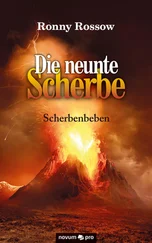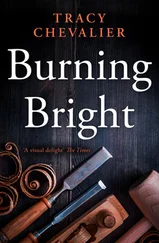On the opposite side of the bar, Rodney is taking whatever people hand him-crumpled bills, handfuls of nickels and dimes, payroll checks, wedding rings, wristwatches. One time a guy offered a gold filling he’d dug out of his mouth with a pocketknife. Rodney didn’t even blink.
Watching him operate, it’s easy to believe Rodney’s simply an updated version of Flem Snopes, the kind of guy whose first successful business venture is showing photos of his naked sister to his junior high peers. But that’s not the case at all. Rodney graduated from the University of South Carolina with a degree in social work. He wanted to make the world better, but, according to Rodney, the world wasn’t interested.
His career as a social worker ended the same week it began. Rodney had borrowed a church bus to take some of Columbia’s disadvantaged youth to a Braves game. Halfway to Atlanta the teenagers mutinied. They beat Rodney with a tire iron, took his money and clothes, and left him naked and bleeding in a ditch. A week later, the same day Rodney got out of the hospital, the bus was found half submerged in the Okefenokee Swamp. It took another month to round up the youths, several of whom had procured entry-level positions in a Miami drug cartel.
Rodney says running The Last Chance is a philosophical statement. Above the cash register he’s plastered one of those Darwinian bumper stickers with the fish outline and four evolving legs. Rodney’s drawn a speech bubble in front of the fish’s mouth. Exterminate the brutes, the fish says.
Advice Rodney seems to have taken to heart. There’s only one mixed drink in The Last Chance, what Rodney calls the Terminator. It’s six ounces of Jack Daniel’s and six ounces of Surrey County moonshine and six ounces of Sam’s Choice tomato juice. Some customers claim a dash of lighter fluid is added for good measure. No one, not even Hubert, has ever drunk more than three of these and remained standing. It usually takes only two to put the drinkers onto the floor, tomato juice dribbling down their chins like they’ve been shot in the mouth.
When we finish “Roarin’” only three or four people clap. A lot of the crowd doesn’t know the song or, for that matter, who Gary Stewart was. Radio and Music Television have anesthetized them to the degree that they can’t recognize the real thing, even when it comes from their own gene pool.
And speaking of gene pools, I suddenly see Everette Evans, the man that, to my immense regret, is twenty-five percent of the genetic makeup of my son. He’s standing in the doorway, a camcorder in his hands. Everette lingers on Hubert a few seconds, then the various casualties of the evening before finally honing in on me.
I lay down the guitar and make my way toward the entrance. Everette’s still filming until I’m right up on him. He jerks the camera down to waist level and points it at me like it’s an Uzi.
“What are you up to, Everette?” I say.
He grins at me, though it’s one of those grins that is one part malice and one part nervous, like a politician being asked to explain a hundred thousand dollars in small bills he recently deposited in the bank.
“We’re just getting some additional evidence as to your parental fitness.”
“I don’t see no we,” I say. “Just one old meddling fool who, if he still had one, should have his ass kicked.”
“Don’t you be threatening me, Devon,” Everette says. “I might just start this camcorder up again and get some more incriminating evidence.”
“And I just might take that camcorder and perform a colonoscopy on you with it. Your daughter doesn’t seem to have a problem spending the money I make here.”
“What’s the problem, Devon?” Hubert says, walking over from the bar.
“This man’s working for National Geographic ,” I tell Hubert. “They’re doing a show on primitive societies, claiming people like us are the missing link between apes and humans.”
“That’s a lie,” Everette says, his eyes on Hubert’s ball bat.
“And that’s only part of what this footage is for,” I say. “This asshole’s selling what the Geographic doesn’t want to the Moral Majority. They’ll shut this place down like it’s a toxic waste site.”
“We don’t allow no filming in here,” Hubert says, taking the camcorder from Everette’s hands.
Hubert jerks out the tape and douses it with the half-drunk Terminator he’s been sipping. Hubert strikes a match and drops the tape on the floor. In five seconds the tape looks like black Jell-O.
Everette starts backing out the door.
“You ain’t heard the last of this, Devon,” he vows.
Rodney lifts a bullhorn from under the bar and announces it’s one forty-five and anybody who wants a last drink had better get it now. There are few takers, most customers now lacking money or consciousness. I’m thinking to finish up with Steve Earle’s “Graveyard Shift” and Dwight Yoakam’s “A Thousand Miles from Nowhere,” but the drunk who’s been using a pool of vomit for a pillow the last hour lifts his head. He fumbles a lighter out of his pocket and flicks it on.
“Free Bird,” he grunts, and lays his head back in the vomit.
And I’m thinking, why not. Ronnie Van Zant didn’t have the talent of Gary Stewart or Steve Earle or Dwight Yoakam, but he did what he could with what he had. Skynyrd never pruned their Southern musical roots to give them “national appeal,” and that gave their music, whatever else its failings, an honesty and an edge.
So I take out the slide from my jean pocket and start that long wailing solo for probably the millionth time in my life. I’m on automatic pilot, letting my fingers take care of business while my mind roams elsewhere.
Heads rise from tables and stare my way. Conversations stop. Couples arguing or groping each other pause as well. And this is the way it always is, as though Van Zant somehow found a conduit into the collective unconscious of his race. Whatever it is, they become serious and reflective. Maybe it’s just the music’s slow surging build. Or maybe something more-a yearning for the kind of freedom Van Zant’s lyrics deal with, a recognition of the human need to lay their burdens down. And maybe, for a few moments, being connected to the music and lyrics enough to actually feel unshackled, free and in flight.
As I finish “Free Bird” Rodney cuts on every light in the building, including some high-beam John Deere tractor lights he’s rigged on the ceiling. It’s like the last scene in a vampire movie. People start wailing and whimpering. They cover their eyes, crawl under tables, and ultimately-and this is the goal-scurry toward the door and out into the dark, dragging the passed-out and knocked-out with them.
I’m off the clock now, but I don’t take off my guitar and unplug the amp. Instead, I play the opening chords to Elvis Costello’s “Waiting for the End of the World.” Costello has tried to be the second coming of Perry Como of late, but his first two albums were pure rage and heartbreak. Those first nights after my wife and child left, I listened to Costello and it helped. Not much, but at least a little.
Hal is draped over his drum set, passed out, and Bobo is headed out the door with the big woman in the purple jumpsuit. Sammy’s still on the floor so I’m flying solo.
I can’t remember all the lyrics, so except for the refrain it’s like I’m speaking in tongues, but it’s two A.M. in western Carolina, and not much of anything makes sense. All you can do is pick up your guitar and play. Which is what I’m doing. I’m laying down some mean guitar licks, and though I’m not much of a singer I’m giving all I got, and although The Last Chance is almost completely empty now that’s okay as well because I’m merging the primal and existential and I’ve cranked up the volume so loud empty beer bottles are vibrating off tables and the tractor beams are pulsing like strobe lights and whatever rough beast is asleep out there in the dark is getting its wake-up call and I’m ready and waiting for whatever it’s got.
Читать дальше
